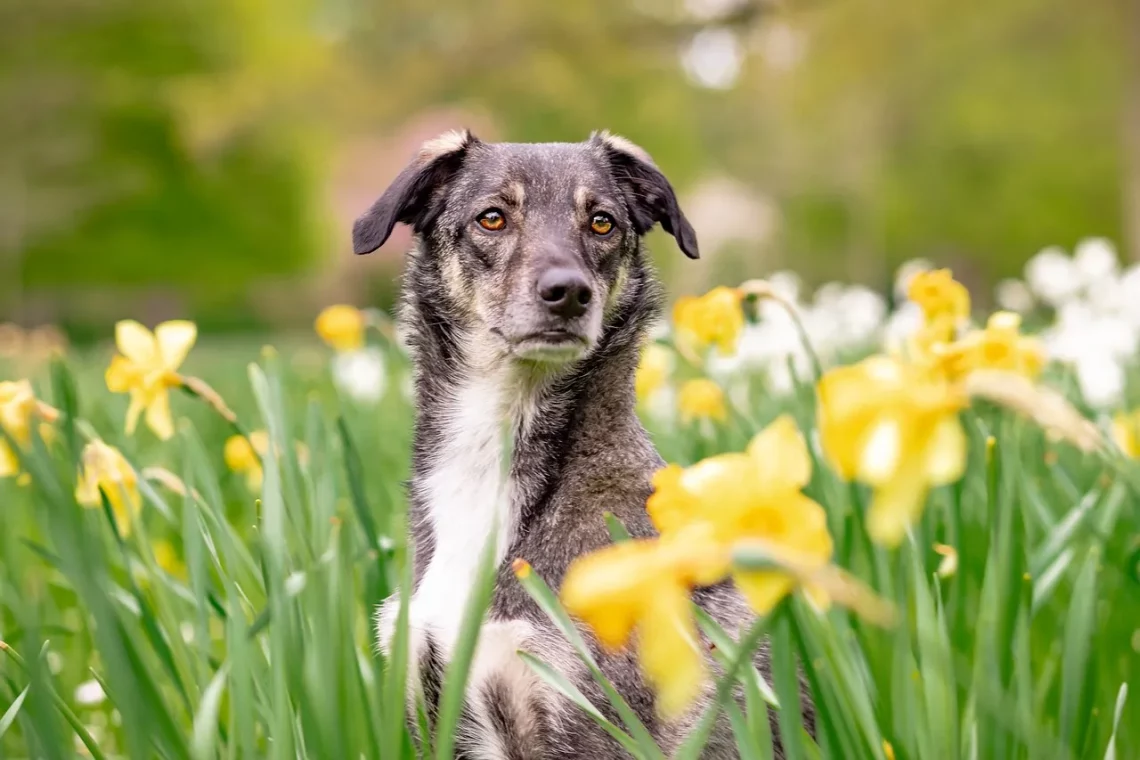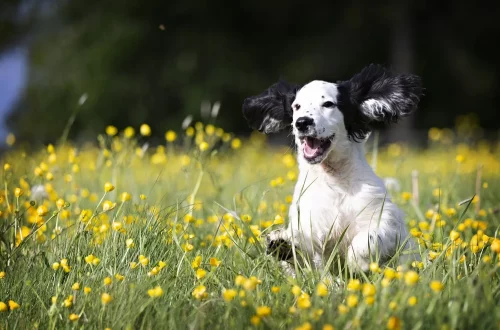
The Charming World of Toy Shelties: Your Perfect Companion Dog
The Toy Sheltie, a miniature version of the Shetland Sheepdog, captures the hearts of dog lovers worldwide with its charming demeanor and playful personality. These little bundles of joy are not only adorable but also intelligent, making them an ideal companion for families, singles, and seniors alike. With their striking coat, expressive eyes, and playful spirit, Toy Shelties have become increasingly popular as family pets and therapy dogs. They are known for their affectionate nature and loyalty, often forming strong bonds with their human companions.
In addition to their endearing looks, Toy Shelties are highly trainable and eager to please, which makes them excellent candidates for obedience training and agility competitions. Their small size allows them to adapt to various living situations, whether in a bustling city apartment or a spacious suburban home. Despite their diminutive stature, these dogs possess a big personality, often exhibiting the same herding instincts and protective nature as their larger counterparts. This combination of qualities makes them not just pets but also joyful family members who bring laughter and love into the home.
As we delve deeper into the enchanting world of Toy Shelties, it becomes evident why they hold a special place in the hearts of dog enthusiasts. Their charming traits, combined with their captivating history, create a breed that is not only delightful but also offers companionship like no other.
Understanding the Toy Sheltie Temperament
One of the most appealing aspects of Toy Shelties is their temperament. Known for being friendly, affectionate, and intelligent, these little dogs are a delight to have around. They thrive on human interaction and are known to be particularly good with children, making them an excellent choice for families. Their playful nature ensures that they can keep up with energetic kids, engaging in games of fetch or tag.
Moreover, Toy Shelties have a strong herding instinct, which can manifest in their behavior. They may try to herd children or other pets, guiding them with gentle nudges or playful barks. This instinct, while charming, can sometimes lead to overexcitement, so early socialization and training are essential to ensure they learn appropriate behaviors.
In terms of social interactions, Toy Shelties generally get along well with other pets. Their friendly disposition allows them to coexist harmoniously with dogs, cats, and even other small animals. However, as with any breed, it is crucial to introduce them to new pets gradually and ensure that they feel secure in their environment.
Their intelligence is another notable trait. Toy Shelties are quick learners and respond exceptionally well to positive reinforcement training methods. They enjoy mental stimulation, and interactive games can be an excellent way to keep them engaged. Teaching them tricks or commands not only helps with obedience but also strengthens the bond between dog and owner.
Ultimately, the temperament of a Toy Sheltie makes them a perfect companion for various lifestyles. Whether you are an active individual seeking a partner for outdoor activities or someone looking for a cuddly companion to relax with at home, these dogs can adapt to your needs and lifestyle.
Grooming and Care for Your Toy Sheltie
Caring for a Toy Sheltie involves several key components, including grooming, exercise, and nutrition. Their beautiful double coat requires regular brushing to prevent tangles and mats. Ideally, you should brush your Toy Sheltie two to three times a week. During shedding seasons, which typically occur in spring and fall, you might need to increase the frequency to daily brushing to manage loose fur effectively.
Bathing should be done as needed, typically every 4 to 6 weeks, or if they get particularly dirty. It’s essential to use dog-specific shampoos that are gentle on their skin. After a bath, ensure that you dry them thoroughly, especially in colder weather, to prevent them from getting chilled.
Dental hygiene is another crucial aspect of your Toy Sheltie’s care. Small breeds are prone to dental issues, so regular tooth brushing is recommended, along with providing dental chews that can help reduce plaque buildup.
In addition to grooming, exercise is vital for a Toy Sheltie’s overall health. These dogs are active and require daily walks and playtime. Engaging them in interactive games will not only help them burn off excess energy but also provide the mental stimulation they crave.
Lastly, a balanced diet is essential for maintaining your Toy Sheltie’s health. Choose high-quality dog food that meets their nutritional needs, and be mindful of portion sizes to prevent obesity, a common issue in smaller breeds. Always consult with your veterinarian for personalized dietary recommendations.
Overall, grooming and care for a Toy Sheltie are manageable and rewarding, ensuring that your furry friend remains healthy, happy, and vibrant.
Training Tips for Your Toy Sheltie
Training a Toy Sheltie can be an enjoyable experience, thanks to their intelligence and eagerness to please. However, it’s important to approach training with patience and consistency. These dogs respond best to positive reinforcement techniques, such as treats, praise, and playtime.
Start with basic commands like sit, stay, and come. Short training sessions, around 5 to 10 minutes, are ideal to keep their attention focused. Repetition is key, so practice commands several times a day. Incorporating fun into training can help maintain their interest; try using toys or games as rewards.
Socialization is a crucial aspect of training for Toy Shelties. Early exposure to different environments, people, and other animals can help them develop into well-rounded adults. Puppy classes can be a great way to facilitate this socialization while also teaching basic commands and manners.
As they progress, consider introducing more advanced training concepts, such as agility courses or tricks. Toy Shelties often excel in agility due to their quickness and agility, and this can be a wonderful way to channel their energy positively.
Lastly, be aware of their herding instincts. While it can be endearing to see them try to herd family members or other pets, it’s essential to redirect this behavior positively. Teaching them alternative behaviors can help prevent any unwanted herding or chasing, ensuring a harmonious home environment.
In conclusion, training your Toy Sheltie can be a fulfilling journey that strengthens your bond and enriches their lives.
Health Considerations for Toy Shelties
While Toy Shelties are generally healthy dogs, like all breeds, they can be prone to specific health issues. Being aware of these potential problems can help you take proactive measures to ensure your furry friend stays healthy and happy.
One common concern is dental health. Due to their small size, Toy Shelties are at risk for dental issues, including periodontal disease. Regular dental care, including brushing their teeth and providing dental treats, can help mitigate these risks.
Another health concern is patellar luxation, a condition where the kneecap dislocates. This can lead to discomfort and mobility issues. Regular veterinary check-ups can help catch such conditions early, allowing for timely intervention if necessary.
Toy Shelties can also be susceptible to certain eye conditions, including cataracts and progressive retinal atrophy. Regular eye examinations can help detect issues before they become more serious, ensuring that your dog maintains good vision throughout their life.
As with any breed, ensuring that your Toy Sheltie maintains a healthy weight is crucial. Obesity can lead to numerous health problems, including joint issues and diabetes. A balanced diet and regular exercise are essential in preventing obesity and keeping your dog fit.
While this article provides an overview of potential health concerns, it is important to consult with a veterinarian for personalized advice and to address any specific health issues.
**Disclaimer:** This article is not intended as medical advice. For any health concerns about your pet, please consult a veterinarian.




